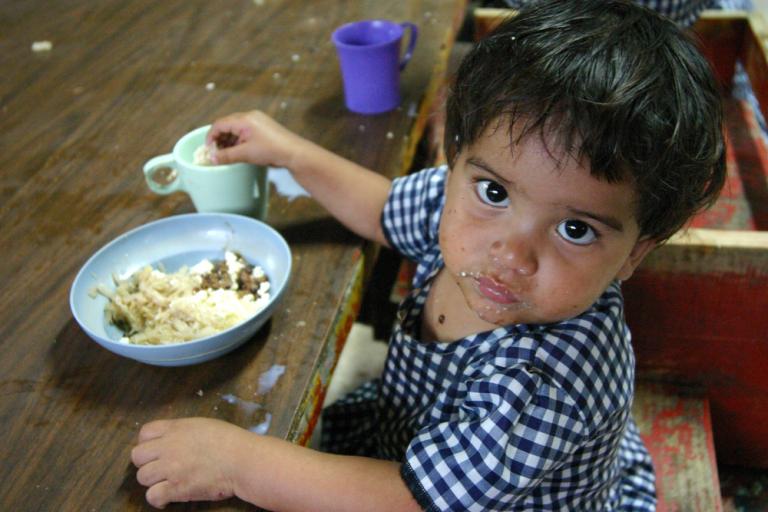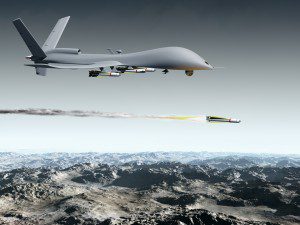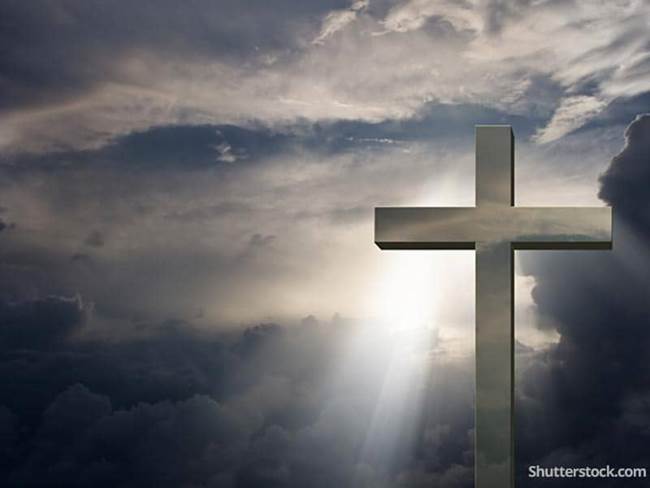By Kimberly L. Smith.
Most of the time, when I worry, it’s about things that “might” happen. What choices will my children make? What if the economy tanks, permanently? What if I die, and do not have enough life insurance for my husband to stay in our home and keep our family afloat? What if scientists are right and a large part of our country slips into the sea (or is blown off the map)?
Because of the color of my skin, the language that I speak and the gold seal emblazoned on my blue passport, I have no idea what it’s like to worry about all of these things—and worse—happening in one cataclysmic moment. Not so, for the parents and people of the Nuba Mountains in Sudan.
Since the genocidal Islamic regime ruling Sudan launched war against the indigenous people of Nuba Mountains in 2011, hundreds of thousands of Nubans have fled to Yida, a tiny village that prior to the war was home to only 400 South Sudanese. Today, this one-building squat of land labors to subsidize up to 330 new refugees arriving every single day. These, mostly women and children, have run three to twelve hours on bare feet to escape the barrage of bombs, mortar shells and hand-to-hand combat their own government rains down upon them.
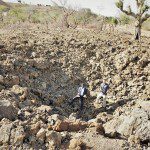
As bad as the above is, from Christmas to today, all war records for the region have been broken—with hundreds of bombs dropped in just one month’s time and hand-to-hand combat threatening the de-facto capital, Kauda. The radical Islamic regime of Khartoum captured Kadugli, the original capital of Nuba, in 2011. Nubareports.org cites: “At least 10,000 have been displaced in this fighting season alone – pushed out by the massive aerial bombardment that precedes and follows each major battle.”
“…pushed out by the massive aerial bombardment that precedes and follows each major battle.”
Now there is a real-time worry for any parent. Even worse, what if I’m taken out of the picture, and there is no one left to worry over my child, or protect her? No government help – they’re the ones who killed me. In fact, they’re the same ones who mass raped more than 200 women and children all night long on October 31, 2014. No foreign-government aid – they consider my region too high of a risk, especially since my government declared outside aid could not come in. UN whistleblower Aicha Elbasri states, “The Sudanese government enjoys near total impunity from the international community, and regularly leverages it to commit targeted acts of violence against its own citizens…”
What is a parent to do in such a climate where the only option seems to be running on foot to a barren refugee camp with bombs chasing me and my children every step of the way?
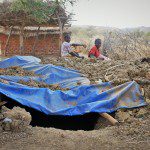
The last time I visited an orphanage funded by Make Way Partners—home to 450 unadoptable orphans and the only orphan care offered in all of Nuba — we drove from the Yida refugee camp to the de-facto capital Kauda. My eyes stung at the sight of what caused the pain in my back as we drove—huge craters large enough to bury buildings in and blasted all along our dirt trail of a road. The once beautiful lush mountains of Nuba, with the only remaining trees burned, called up singed images from the Germanic holocaust.
My father served in that war; and I don’t believe he ever got the images of children in concentration camps out of his head. It affected him deeply as a man, husband and father. I wonder what we would do if we allowed ourselves to be touched in a similar way today. Some people speak of compassion fatigue as if it excuses our tolerance of evil, as long as it doesn’t come after me or mine. Is it too late for us, as individuals and a people—regardless of what our government does or doesn’t do—to find creative ways to care for one forgotten child at a time?
To be sure, there are no easy answers in reaching the forgotten children of war. Still, if these children were ours, wouldn’t we think—furthermore passionately feel—they were worth the trouble? What would we hope the parents of the world would do for our children?
In the fruitless search for statistics on the forgotten orphans of Nuba, I stumbled upon an article which ended with this haunting line: In the branches of a small tree [in the Yida refugee camp], three girls sang softly, shaking a rattle pounded out of a USAID food tin. “What are you singing?” Oum Juma asked. One of the girls answered: “Songs to forget our parents.”
Will we dare to remember for them?
Kimberly L. Smith is the president and co-founder of Make Way Partners, the only indigenously operated relief organization in [North] Sudan and South Sudan providing anti-trafficking efforts to the most vulnerable orphans and former slaves. Smith is also the author of the award-winning book Passport through Darkness, which chronicles much of her experience in Sudan. For more information on Kimberly L. Smith and Make Way Partners, please visit www.makewaypartners.org.



